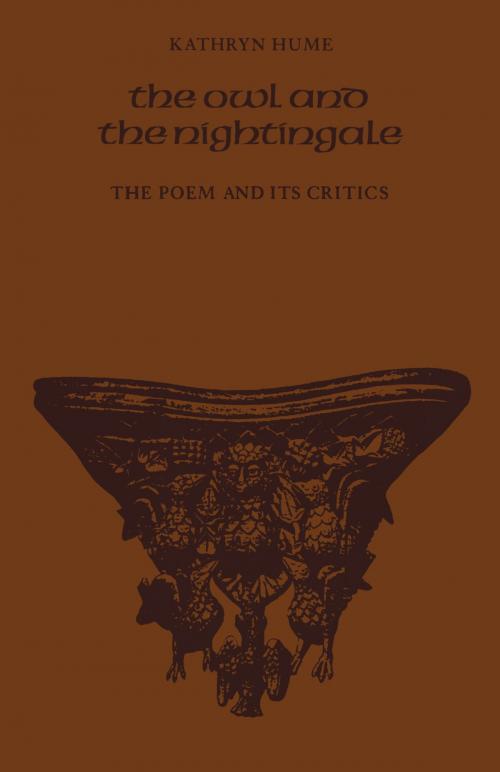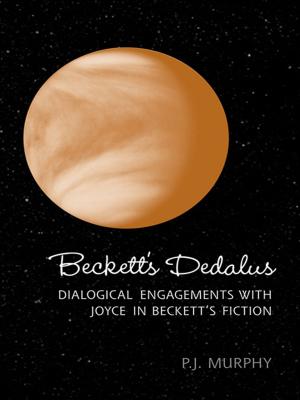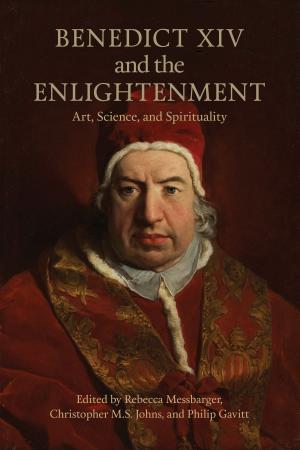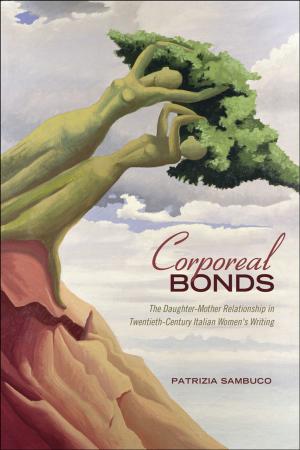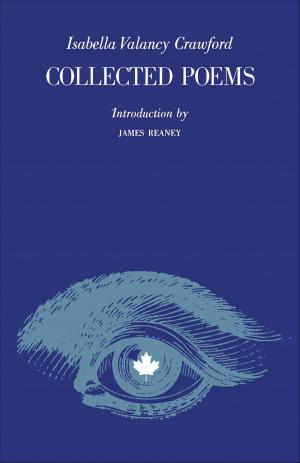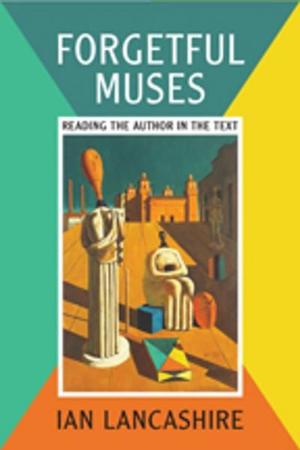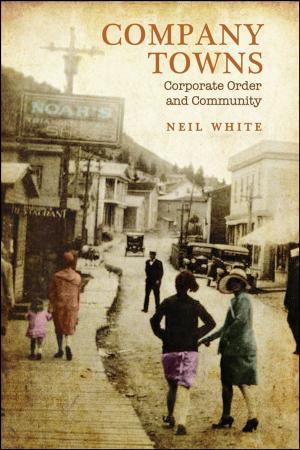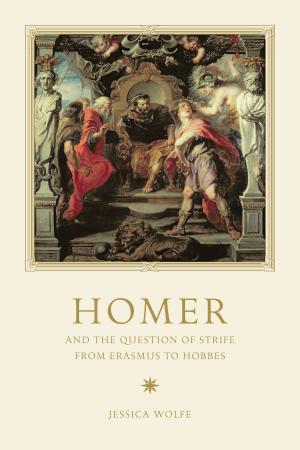The Owl and the Nightingale
The Poems and Its Critics
Fiction & Literature, Literary Theory & Criticism, Medieval, Poetry History & Criticism, British| Author: | Kathryn Hume | ISBN: | 9781487590345 |
| Publisher: | University of Toronto Press, Scholarly Publishing Division | Publication: | December 15, 1975 |
| Imprint: | Language: | English |
| Author: | Kathryn Hume |
| ISBN: | 9781487590345 |
| Publisher: | University of Toronto Press, Scholarly Publishing Division |
| Publication: | December 15, 1975 |
| Imprint: | |
| Language: | English |
The Owl and the Nightingale is clearly one of the few major Middle English poems. Despite the clarity and simplicity of its text, however, the poem has occasioned bitter and still unresolved interpretative controversy. Is the key to its meaning to be found in bird lore? the debate form? Is the poem a political or religious allegory? Despite the radical contradictions in the conclusions of previous critics, most of them have implicitly claimed a unique and exclusive validity.
Kathryn Hume's purpose in writing this book is to offer a new account of the poem, one based on a systematic attempt to assess the validity and usefulness of various possible approaches to the work. She shows saneness, balance, and humour both in her criticism of previous interpretations and in her own conclusions. We need, she insists, to understand the nature of the poem before we erect elaborate theories about its meaning.
The contradictoriness of the relevant avian traditions, the birds' complete incompetence as debaters, the poem's curiously indeterminate ending, and the critics' inability to agree even on the subject of the controversy, she argues, makes it difficult to see the work as a serious debate about anything. Attempts to find an extrinsic or allegorical meaning have proven radically contradictory and have all neglected large portions of the poem. But since no serious issue is present in the bird's dialogue, the meaning of the poem must indeed be sought elsewhere.
Analysis of The Owl and the Nightingale's sequential impact and its manipulation of audience response emphasize the debate's lack of direction, its bitterness, and also – from the reader's point of view – its humour. Kathryn Hume argues that a great deal is clarified and made comprehensible if we regard the poem as a burlesque-satire on human contentiousness. The birds' illogic, the wandering arguments, the unsystematic introduction of various human concerns, and the inconclusive ending are all consistent with the idea that the poem was written as a witty caricature of petty but vicious human quarrelling.
Both for its sane reinterpretation of what is widely considered one of the masterpieces of Middle English literature and for the interpretative methodology it employs, The Owl and the Nightingle: The Poem and Its Critics should be of lasting value to medievalists.
The Owl and the Nightingale is clearly one of the few major Middle English poems. Despite the clarity and simplicity of its text, however, the poem has occasioned bitter and still unresolved interpretative controversy. Is the key to its meaning to be found in bird lore? the debate form? Is the poem a political or religious allegory? Despite the radical contradictions in the conclusions of previous critics, most of them have implicitly claimed a unique and exclusive validity.
Kathryn Hume's purpose in writing this book is to offer a new account of the poem, one based on a systematic attempt to assess the validity and usefulness of various possible approaches to the work. She shows saneness, balance, and humour both in her criticism of previous interpretations and in her own conclusions. We need, she insists, to understand the nature of the poem before we erect elaborate theories about its meaning.
The contradictoriness of the relevant avian traditions, the birds' complete incompetence as debaters, the poem's curiously indeterminate ending, and the critics' inability to agree even on the subject of the controversy, she argues, makes it difficult to see the work as a serious debate about anything. Attempts to find an extrinsic or allegorical meaning have proven radically contradictory and have all neglected large portions of the poem. But since no serious issue is present in the bird's dialogue, the meaning of the poem must indeed be sought elsewhere.
Analysis of The Owl and the Nightingale's sequential impact and its manipulation of audience response emphasize the debate's lack of direction, its bitterness, and also – from the reader's point of view – its humour. Kathryn Hume argues that a great deal is clarified and made comprehensible if we regard the poem as a burlesque-satire on human contentiousness. The birds' illogic, the wandering arguments, the unsystematic introduction of various human concerns, and the inconclusive ending are all consistent with the idea that the poem was written as a witty caricature of petty but vicious human quarrelling.
Both for its sane reinterpretation of what is widely considered one of the masterpieces of Middle English literature and for the interpretative methodology it employs, The Owl and the Nightingle: The Poem and Its Critics should be of lasting value to medievalists.
